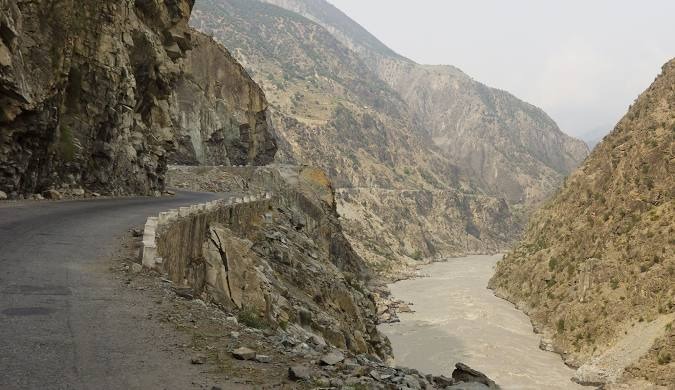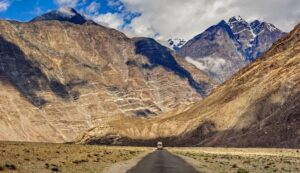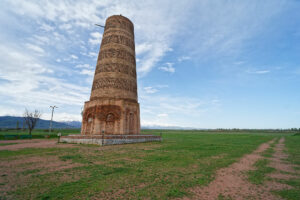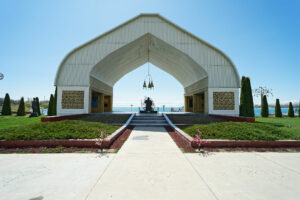The Khyber Pass is not merely a cleft between mountains—it is a corridor of destiny
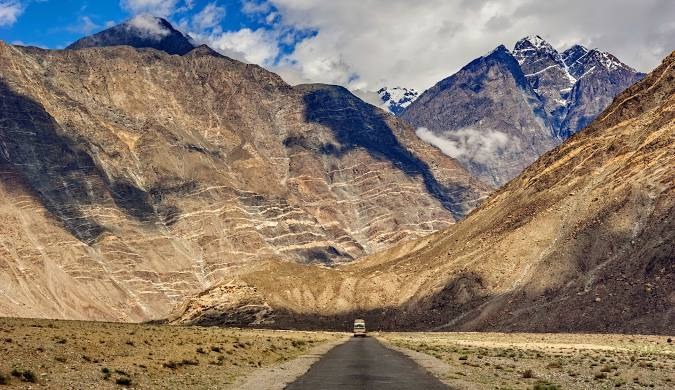
Few places along the Silk Roads carry as much weight of history—and as many legends—as the Khyber Pass. Threading through the rugged hills between present-day Pakistan and Afghanistan, the Khyber Pass has been far more than a mere mountain crossing. For millennia, it has been a gateway for armies, traders, pilgrims, and ideas.
From the towering cliffs of shale and limestone that squeeze the gorge into narrow corridors, to the peaks of the Spīn Ghar—the “White Mountains”—the landscape seems shaped for drama. Here, Persian emperors, Greek generals, Buddhist monks, Mughal conquerors, and British soldiers all left their footprints.
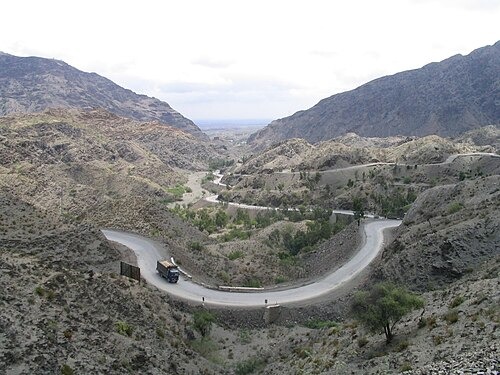
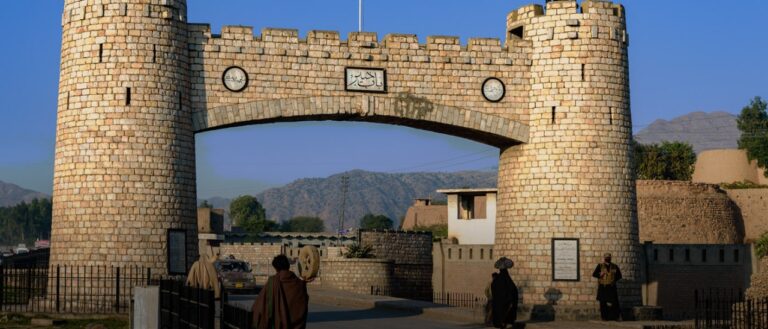
In antiquity, Darius of Persia marched through the Khyber on his way to the Indus. Alexander’s generals Hephaestion and Perdiccas followed. Under the Mauryan Empire, Buddhism flourished, leaving behind silent stupas near Ali Masjid and Kafir Kot.
In the medieval era, waves of invaders—Mahmud of Ghazni, Muhammad of Ghor, Genghis Khan, Babur—poured through the Khyber to leave their mark on the Indian subcontinent. The echoes of epic battles, like the ones fought by Muhammad of Ghor against Prithviraj Chauhan, still seem to linger among the rocks.
Under the Mughals, the Khyber was a key artery of empire. Bābur himself crossed here before founding the Mughal dynasty at Panipat in 1526.
The Khyber Pass has witnessed the spread of Greek influence into India and the expansion of Buddhism in the opposite direction. Despite military activities, trade continued to thrive there. The Khyber Pass became a critical part of the Silk Road, a major trade route from East Asia to Europe.
In modern times, the British built the Khyber Pass Railway—a marvel of engineering that once wound through 34 tunnels and over 92 bridges.
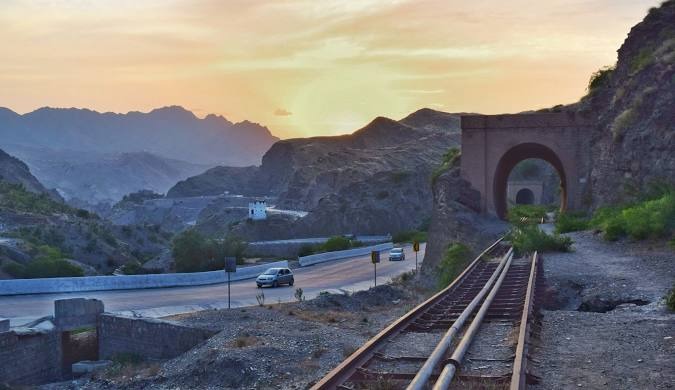
During the Anglo-Afghan Wars, the Pass was the ultimate strategic prize. Since the founding of Pakistan, in 1947, the Khyber Pass has been in Pakistani territory.
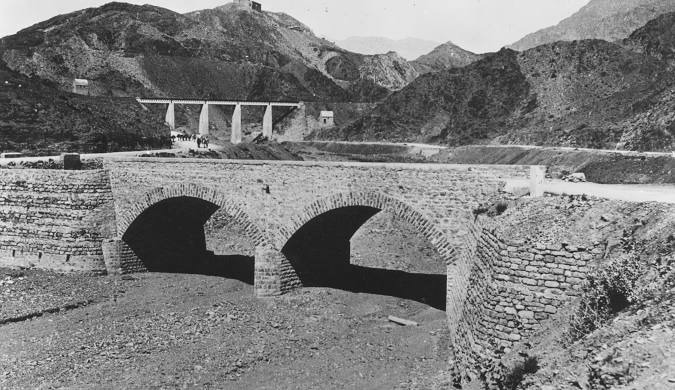
Yet beyond the empires and armies, the Khyber remains home to the Pashtun tribes, resilient guardians of these mountains, whose fierce independence has shaped centuries of history.
More than a road or a route, the Khyber Pass is a living monument to the restless tides of humanity that have surged back and forth across Eurasia.
